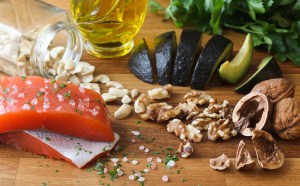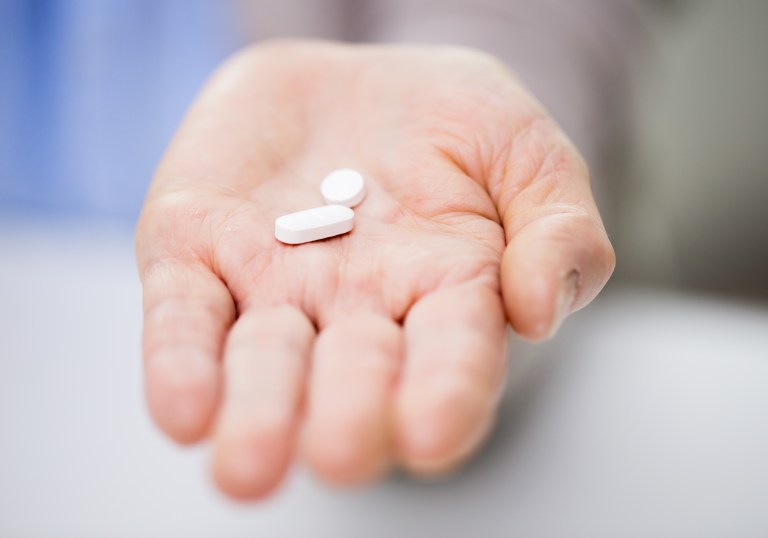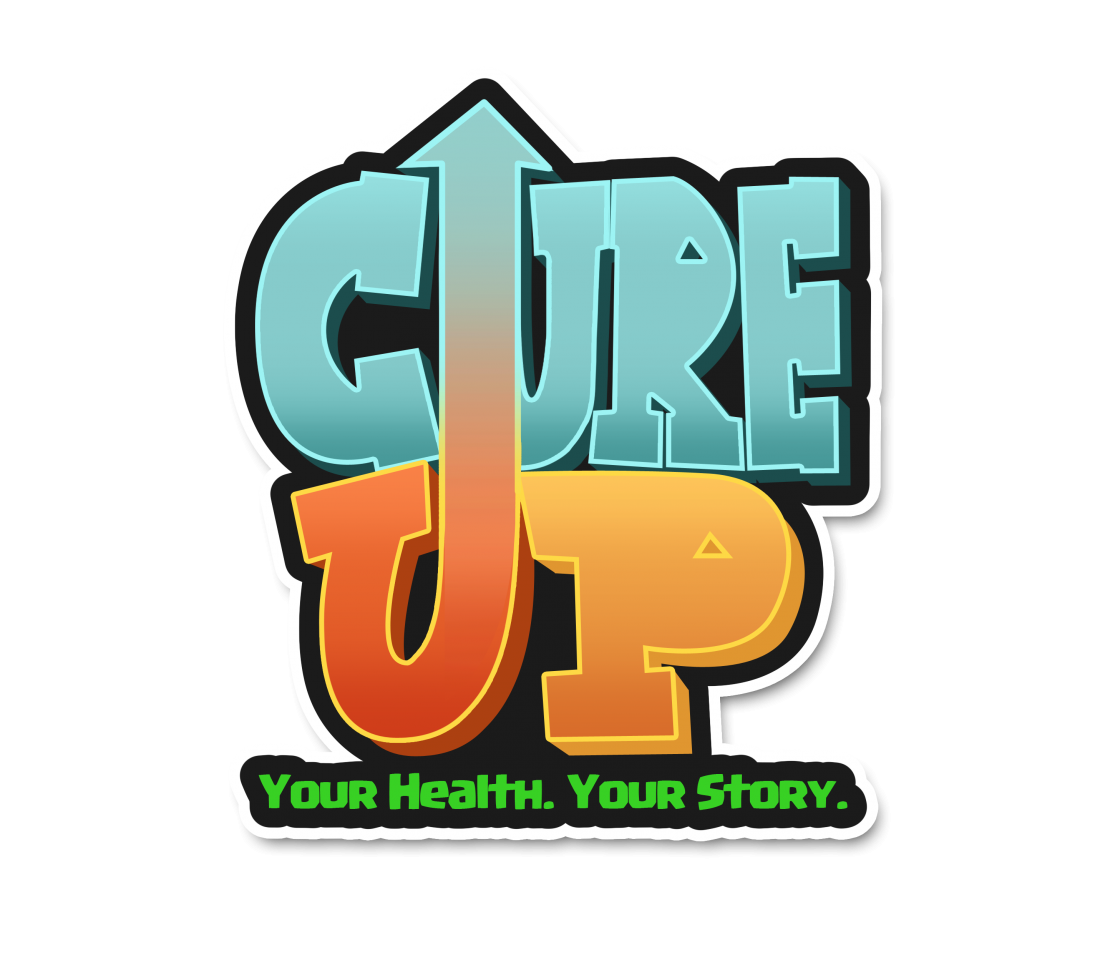People with Crohn’s disease feel the lack of appetite, leading to a lack of nutrition and good health. Along with diarrhea and poor absorption of essential nutrients, Crohn’s disease sufferers tend to lose weight. It is advisable to drink enough fluids about eight to ten serving daily for the body to remain hydrated and prevent constipation.

Eat a healthy diet consisting of wholesome organic foods, including fruits and vegetables, moderate amounts of protein, fat, and raw dairy products while avoiding diets composed of processed food is the first step in preventing inflammation which can lead to Crohn’s disease and other health problems. However, if you already have this disease, you need to make certain changes in your diet, because certain foods and beverages (some of which are considered beneficial to healthy people) may aggravate the symptoms.
THE PARTICULAR DIET RECOMMENDED BY YOUR DOCTOR WILL DEPEND ON THE TYPE AND SEVERITY OF YOUR SYMPTOMS.
Some typical diets for Crohn’s disease include:
High-Calorie Diet
Twenty-five percent of the calories you eat should come from protein, which is crucial to healing. Lean proteins like seafood are your best choice. “Fish is extremely useful, especially fish rich in omega-3, such as salmon. Scampi and white fish, such as tilapia and flounder, are also nutritious and easily digestible. The Seafood can be prepared by boiling, grilling and skip the deep fat fryer.

Lactose-Free Diet
Many Crohn’s sufferers are lactose intolerant. Fortunately, there is a dairy alternative: almond milk, made from ground almonds and can be enriched to contain as much calcium as usual milk (check the label).
Almond milk has vitamins D and E but does not contain cholesterol or saturated fats and fewer calories than cow’s milk. Many types contain sweeteners; Choosing an unsweetened product cut about 20 calories per meal.

Low-Fiber Diet
Insoluble fiber seen In raw vegetables, fruits and nuts, draws water into the colon and can worsen diarrhea for sufferers. But oatmeal has soluble fiber that absorbs water and moves slowly through your digestive tract.
Dietary Supplements for Crohn’s Disease
Crohn’s disease makes it difficult to get enough vitamins and minerals. So many people with the disease take nutritional supplements to prevent nutrient deficiencies.

Your doctor may recommend the following:
- Vitamins A, E, and K
- Vitamin B12
- Calcium and vitamin D, to help your bones stay strong
- Folic acid
- Iron supplements, if you have anemia (low red blood cell count)
- Zinc
The kind of diet that works best depends on your ability to digest and absorb, fibers, minerals, bacteria, fats and certain types of carbohydrates. Eat more foods rich in soluble fibers, oats, apples, pears and rice; Eat regular chicken and fish protein (especially fatty fish); Eat all the other fruits and vegetables (especially leafy vegetables) that can be tolerated. Eat fewer dairy products, less refined carbohydrates, and less wheat. Reduce the consumption of coffee and alcohol.
People with Crohn respond differently to these groups of foods depending on the type of drug they take, their level of intestinal inflammation and the extent of which they produce or not produce different digestive enzymes.
SOURCE: https://www.everydayhealth.com/crohns-disease/guide/diet/









